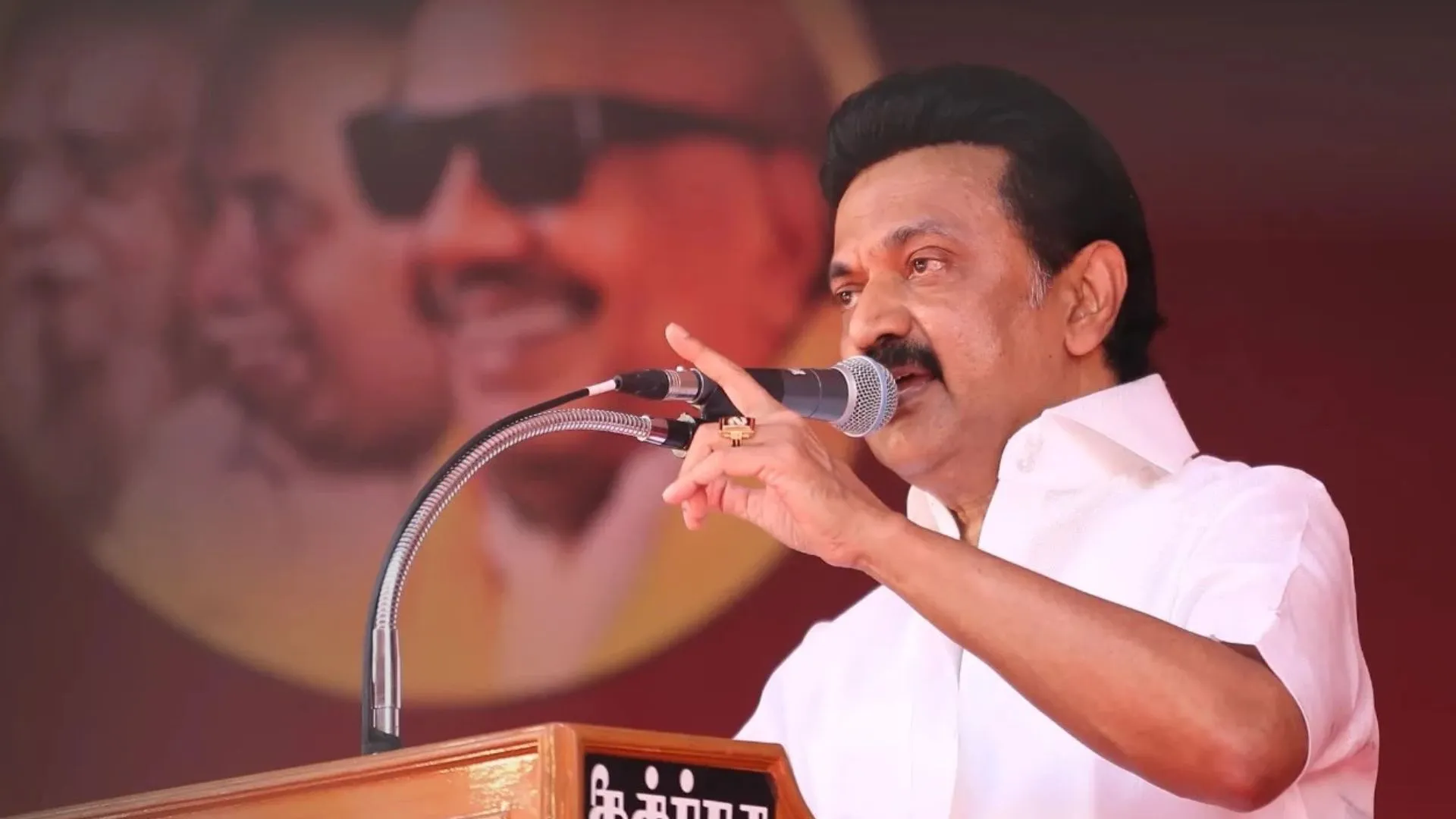A fragile ceasefire took hold on Wednesday between Israel and Hezbollah, bringing temporary relief to the millions of displaced individuals caught in the crossfire of the prolonged conflict. As the first wave of Lebanese refugees returned to their homes, many spoke of their relief and hopes for rebuilding their lives. However, despite the truce, deep divisions remain about the war’s legacy and its impact on Lebanon’s future.
The ceasefire, brokered by the United States and France, calls for a two-month halt in fighting, with Hezbollah expected to withdraw from southern Lebanon and Israel’s troops retreating behind the border. Additional Lebanese forces and U.N. peacekeepers would be deployed to monitor compliance. The deal, hailed as a potential turning point for Lebanon, provides hope for many, but the complex dynamics of the region suggest that peace remains elusive.
For many Lebanese displaced by the violence, the ceasefire marks the end of more than two months of living in uncertainty, with thousands now returning to their homes. Cars filled with personal belongings and belongings stacked high in makeshift transports could be seen heading back to previously abandoned towns and villages in southern Lebanon.
Mohammed Kaafarani, 59, who had fled the village of Bidias, described the situation as “nasty and ugly,” adding that, “We reached a point where there was no place to hide.” While the ceasefire offers a respite for now, the rebuilding of homes and lives will take much longer, and the scars of the destruction are still fresh.
MUST READ: Trump Nominates Keith Kellogg as Special Envoy to Ukraine and Russia
Despite the optimism of many returnees, the humanitarian toll of the war remains devastating. The conflict between Israel and Hezbollah, which escalated in mid-September, left over 1.2 million Lebanese displaced. For these individuals, returning home is a bittersweet victory, as many homes have been reduced to rubble.
For Hezbollah, the ceasefire is being celebrated as a victory, even as the group faces severe losses in personnel and infrastructure. Despite losing much of its leadership and resources in Israeli airstrikes, Hezbollah has continued to resist Israeli advances with rocket and missile fire. In Tyre, a port city in southern Lebanon, celebratory gunfire echoed in the streets as residents returned home, defiant despite the destruction.
“This is a moment of victory, pride and honor for us, the Shiite sect, and for all of Lebanon,” said Hussein Sweidan, a resident returning to the city. Yet, not all Lebanese share this sentiment. Some, especially those from areas heavily affected by the conflict, criticize Hezbollah for drawing the country into a war that many view as serving the interests of Iran rather than Lebanon itself.
Many have expressed frustration with the militant group’s role in exacerbating the already fragile Lebanese economy. “They control us and we can’t do anything about it,” said a young man returning from Syria, displaced from the eastern Bekaa province. “This war killed whoever it killed and now they’re telling us it’s a victory.”
The war between Israel and Hezbollah has exposed the deep divisions within Lebanon, with some hailing the group’s resistance while others blame Hezbollah for the devastation and economic collapse. The political and military dynamics of the conflict, including Hezbollah’s ties to Iran, have drawn Lebanon into a broader regional struggle with profound implications for its sovereignty and security.
The economic costs of the war are already being felt. Lebanon’s fragile economy, already crippled by years of political instability and corruption, has been further strained by the conflict. Many Lebanese now face the dual challenge of rebuilding their homes while grappling with rising poverty and the loss of livelihoods.
For Israel, while it can claim tactical victories—such as the killing of Hezbollah’s top leaders and the destruction of its infrastructure—the cost of the conflict has also been high. The war has further strained its relations with Lebanon and has drawn criticism from the international community for its heavy-handed tactics and civilian casualties.
While the ceasefire between Israel and Hezbollah brings relief to Lebanon, it does not address the ongoing crisis in Gaza. In Gaza, Israel continues its military operations in response to Hamas’s deadly cross-border raids on October 7, 2023. Recently, Israeli airstrikes on two schools-turned-shelters in Gaza City killed at least 11 people, including four children.
The situation in Gaza remains dire, with no clear path to peace in sight. President Joe Biden, in his recent remarks, indicated that his administration would continue to push for a ceasefire in Gaza and the release of hostages held by Hamas. However, this broader conflict shows no signs of abating, and the humanitarian crisis in Gaza grows worse by the day.
While the ceasefire in Lebanon offers a glimmer of hope for the thousands of displaced Lebanese, the road to peace and stability remains fraught with challenges. The fragile truce between Israel and Hezbollah, if it holds, will allow for some respite for the residents of southern Lebanon. However, the deep-rooted political and military tensions in the region suggest that this temporary peace may be fleeting.
As thousands of Lebanese return home to rebuild their lives, the larger regional conflict continues to simmer, threatening to draw more countries into a broader war. For now, the people of Lebanon are left to rebuild their homes, their economy, and their lives, while the world watches to see whether this ceasefire can pave the way for lasting peace—or if it will unravel like so many before it.
ALSO READ: PTI Protest in Islamabad Ends in Chaos; What’s Next?























